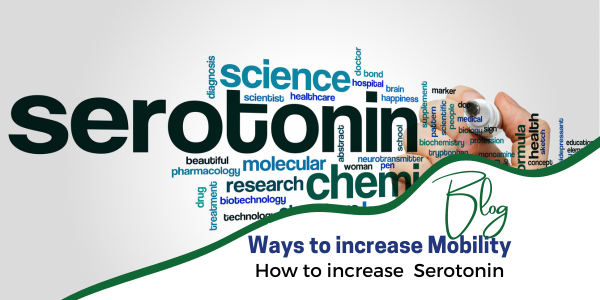Unlocking the Potential of Akkermansia: A Gut Health Revolution What Is the Microbiome? The human microbiome is a complex ecosystem of trillions of microorganisms living in and on our body, particularly within the gut. These microbes—comprising bacteria, fungi, viruses, and archaea—not only assist in digesting food but also play crucial roles in immunity, mood regulation, and overall health. Among these microscopic allies is Akkermansia muciniphila (often referred to as "Akkermansia"), a bacterium now gaining significant attention for its profound impact on gut health. What Is Akkermansia? Akkermansia muciniphila is a gram-negative, anaerobic bacterium discovered in 2004. It makes up roughly 3% of the total gut microbiota in healthy individuals and primarily resides in the mucus layer of the intestinal lining. Its unique trait lies in its ability to break down mucin—a key protein in the gut's mucus layer—making it essential for maintaining gut barrier function and pro...

Comments
Post a Comment